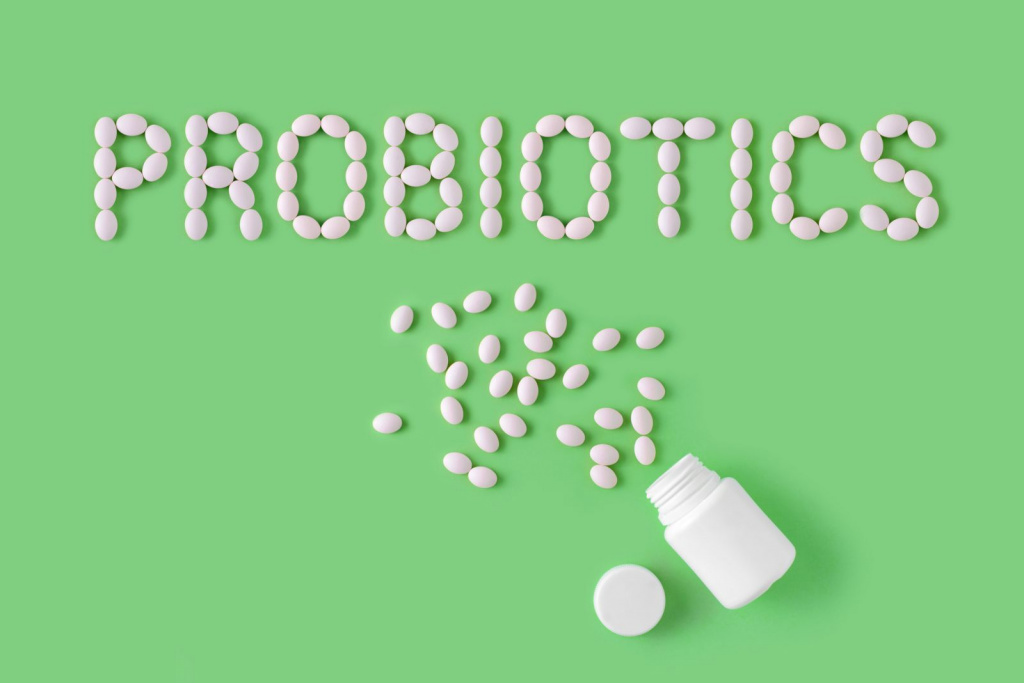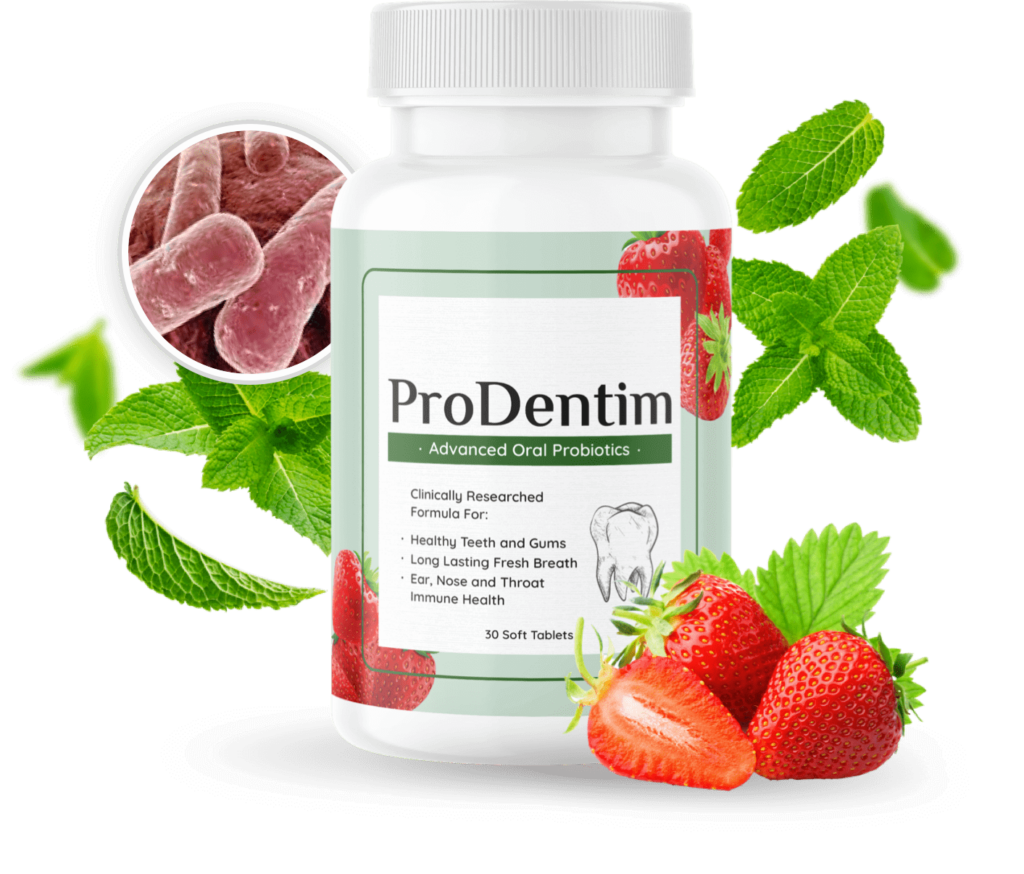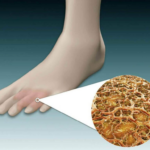
👉 Ready to try it? Start with ProDentim and experience the benefits for yourself.
The idea of probiotics for your teeth and gums might sound strange, but it’s gaining traction in the dental world. With claims that dental probiotics can fight bad breath, reduce gum inflammation, and even prevent cavities, it’s natural to wonder: Do they actually work? Let’s explore the science behind dental probiotics and whether they’re worth adding to your routine.
What Are Dental Probiotics?
Dental probiotics are supplements designed to balance the microbiome in your mouth. Unlike gut probiotics that target digestive health, these probiotics focus on beneficial bacteria that thrive in your oral cavity.
💡 Why it matters: Your mouth is home to billions of bacteria, both good and bad. When harmful bacteria take over, they can cause bad breath, gum disease, cavities, and other oral health issues. Dental probiotics help restore balance by increasing the presence of good bacteria.
👉 Ready to try it? Start with ProDentim and experience the benefits for yourself.
How Do Dental Probiotics Work?
Probiotics work by:
1️⃣ Outcompeting harmful bacteria: Good bacteria crowd out the bad, preventing them from causing infections or gum inflammation.
2️⃣ Producing beneficial substances: Certain probiotic strains create natural acids or enzymes that inhibit the growth of harmful bacteria.
3️⃣ Improving gum health: Some strains reduce inflammation, helping to heal bleeding gums and prevent periodontal disease.
Benefits of Dental Probiotics
Here’s what clinical research says about dental probiotics:
✔️ Reduced Bad Breath: Probiotic strains like Streptococcus salivarius K12 and M18 help neutralize sulfur compounds, a common cause of bad breath.
✔️ Improved Gum Health: Studies show probiotics can reduce symptoms of gingivitis, such as bleeding and swollen gums.
✔️ Cavity Prevention: Probiotics like Lactobacillus reuteri may help reduce cavity-causing bacteria, like Streptococcus mutans.
✔️ Fresher Mouth Overall: By promoting balance in your oral microbiome, probiotics help maintain a healthier, fresher environment in your mouth.
What’s the Catch?
While dental probiotics show promise, they aren’t a magical cure-all. They work best when combined with a solid oral hygiene routine, including brushing, flossing, and regular dental check-ups.
👉 Ready to try it? Start with ProDentim and experience the benefits for yourself.
How to Choose the Right Dental Probiotic
Not all dental probiotics are created equal. Look for:
- Specific strains: Probiotics like S. salivarius K12, M18, and L. reuteri have the most evidence supporting their effectiveness.
- Convenient delivery: Probiotic lozenges, tablets, or chewables work better than capsules, as they dissolve in your mouth and directly affect the oral microbiome.
- Clinical backing: Choose a product backed by scientific research for maximum results.
Why ProDentim Stands Out
If you’re considering dental probiotics, ProDentim is a top choice. It combines 3.5 billion probiotic strains with essential nutrients to support your teeth and gums.
✔️ Contains clinically proven strains like Lactobacillus Paracasei and Bifidobacterium Lactis.
✔️ Designed to fight bad breath, improve gum health, and strengthen enamel.
✔️ Convenient and easy to use—just dissolve one tablet daily in your mouth.
The Verdict: Do They Work?
Yes, dental probiotics do work, but they’re most effective when used as part of a comprehensive oral care routine. If you’re looking to take your dental health to the next level, probiotics can be a powerful addition.
👉 Ready to try it? Start with ProDentim and experience the benefits for yourself.
💬 Have you tried dental probiotics? Share your experience below! 😊


Dr. Sarah Miller is widely recognized as an influential leader in the healthcare field, with a career marked by excellence, innovation, and dedication to improving human well-being. Combining exceptional academic knowledge, clinical experience, and a deep commitment to research, she has become a reference in her specialty.






